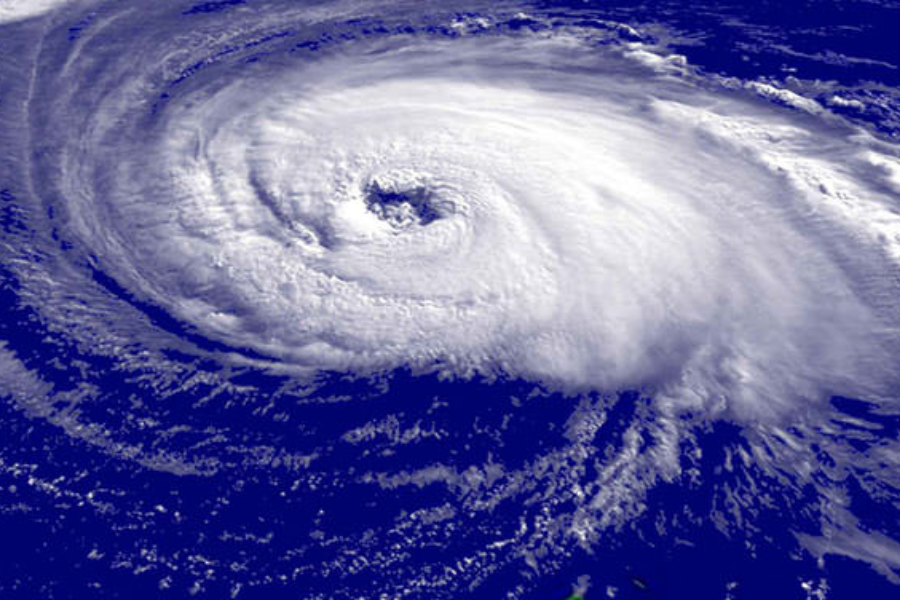Stay informed by monitoring weather updates and alerts. Stock an emergency kit with food, water, and prescription drugs. Secure your home, follow evacuation orders if given, and have a communication plan in place. Prioritize safety and act quickly to protect your family.
Introduction to Hurricanes
When it comes to hurricanes, safety is paramount. These intense storms have the potential to harm both people and property seriously. Understanding the differences between a hurricane watch versus warning is essential for your protection. By clearly understanding these terms, you can make informed decisions that could save lives.
Staying informed and prepared is crucial for responding effectively when a hurricane threat emerges. This means keeping up with weather updates and having a plan long before a storm is on the horizon. Let’s explore the specifics of hurricane watches and warnings and what actions you should take to protect yourself and your loved ones.
What is a Hurricane Watch?
A hurricane watch means that hurricane conditions are possible within the specified area. These watches are typically issued 48 hours before the expected start of tropical storm-force winds. This advance notice gives you time to prepare and act. Ensure you thoroughly review your hurricane preparation plan and have it ready if the watch becomes a warning. Being proactive during this time can significantly reduce the chaos and panic often accompanying last-minute preparations.
For example, during a hurricane watch, you should start securing your home by bringing in outdoor furniture, checking your emergency supplies, and ensuring all family members know the plan. This is the time to finalize any last-minute details in your emergency plan, like knowing where local shelters are and reconfirming your evacuation route.
What is a Hurricane Warning?
A hurricane warning signifies that hurricane conditions are expected within the area. It is typically issued 36 hours before the onset of tropical storm-force winds. Immediate action is required to safeguard life and property. This might involve evacuating if advised, securing your home, and gathering emergency supplies. If a warning is ignored, life-threatening circumstances may occur.
Local authorities might close schools and public offices during a warning, and emergency services will be vigilant. Take this time to double-check your emergency kit, including all necessary items like flashlights, batteries, first aid supplies, and enough food and water to last at least three days. Charge your electronic devices and place all essential documents in waterproof containers.
Preparing for a Hurricane
- Develop a Plan: Create a comprehensive hurricane preparedness plan for your family and pets. Know evacuation routes and establish plans for different potential scenarios. Make sure everyone in the household knows the plan and has a role to play. For families with young children or elderly members, ensure special needs are considered.
- Build an Emergency Kit: A disaster supply kit includes necessities like water, non-perishable food, medicine, and critical paperwork. Make sure you have adequate supplies for at least three days. In addition, consider adding hygiene products, blankets, extra clothes, and multi-purpose tools.
- Secure Your Home: Tighten trees, reinforce windows and doors, and lock up anything outside that could explode. Consider installing storm shutters for extra protection. It’s also a good idea to check the condition of your roof and any potential leak points.
- Stay Informed: Get the latest updates from reliable sources such as NOAA’s National Weather Service. During blackouts, a hand crank or battery-operated radio might come in handy. Subscribe to local emergency alert systems and keep your phone charged.
Evacuation Orders
If an evacuation order is issued, follow it without hesitation. Such orders protect lives and enable emergency services to focus on critical situations. Have a clear plan for where you’ll go and how you’ll get there. Pack all essential items and let family members know your location. If you have pets, make arrangements for their safety as well.
Evacuation orders often include specific routes to avoid traffic and hazards. Pay attention to these instructions and leave early to avoid the last-minute rush. Additionally, stay calm and patient, as roads will likely be congested, and shelter resources may be limited.
During the Storm
During power outages, a radio powered by batteries or a hand crank can be handy. Use a battery-powered radio to stay updated with the latest news. If you lose power, use flashlights instead of candles to prevent fire hazards. Keep your emergency kit within reach, and be prepared to move to a safer part of your home, like an interior room or basement, if necessary. Ensure that all family members are accounted for and stay together in the safest part of your home.
Remember, the eye of the storm can bring a deceptive calm. Do not assume the storm is over; the winds will pick up again, sometimes more fiercely. Stay sheltered until you receive an official all-clear message. Also, avoid using your phone for non-emergency calls to keep the lines open for first responders.
After the Storm
- Wait for Official Notice: Only return home once local authorities declare it safe. Driving through floodwaters or entering heavily damaged areas can be dangerous. Patience is critical during this time, as returning too early can put you and emergency responders in harm’s way.
- Check for Hazards: Be vigilant for hazards such as downed power lines, contaminated water, and structural damage. Only walk or drive through affected areas once officials have cleared them. Your primary concern should be safety, so wear protective gear and watch for threats.
- Document Damage: Capture images or record videos of any damages to have evidence for insurance purposes. Keep detailed records of all correspondences with your insurance company. This evidence will be crucial for receiving adequate compensation and repairs. Take notes on conversations and keep receipts for any emergency repairs.
- Seek Assistance: Reach out to local shelters or The American Red Cross for help. Many organizations offer aid and support after hurricanes. Do not hesitate to seek psychological support as well, as recovering from a disaster can be emotionally taxing.








